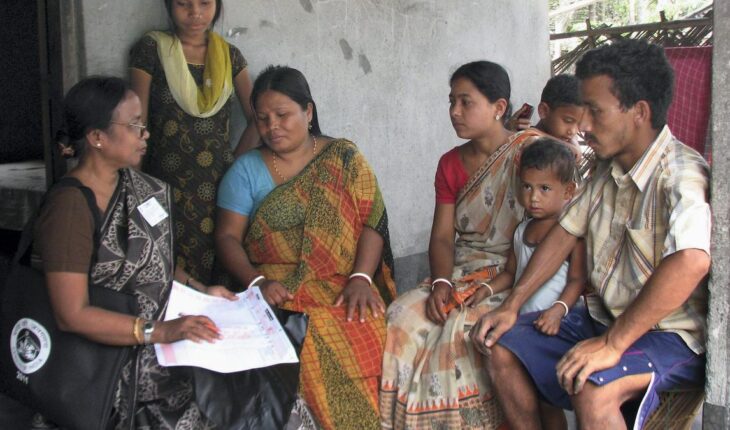In what appears to be a controversial decision, the Union government is reportedly considering expanding the scope of the long-overdue Census to include caste enumeration. This proposal likely stems from mounting pressure by several political parties advocating for a caste census. However, the experience of the Socio-Economic and Caste Census (SECC) of 2011, which yielded data that was cumbersome, inaccurate, and largely unusable, should serve as a cautionary tale. Before the government rushes into the complex task of caste tabulation, there needs to be a well-defined timeline to conduct the Census, which has been delayed far too long.
If the delay in the Census is a deliberate tactic to prioritize delimitation in 2026, it could have detrimental effects not only on public policy but also on the Centre-State relations. As of June 2024, India is among only 44 countries out of 233 that have not conducted a Census this decade. The Union Home Ministry cites the COVID-19 pandemic as the reason for the delay. However, this excuse rings hollow when considering that 143 countries, including those severely affected by the pandemic, managed to complete their Censuses after March 2020. India now shares this ignominious distinction with countries facing severe conflicts or economic crises, such as Yemen, Syria, and Afghanistan.
The consistent postponement of the decennial Census, a practice uninterrupted from 1881 to 2011, is inexcusable. The repeated extensions of the deadline to freeze administrative boundaries—a prerequisite for conducting the Census—reflect a concerning lack of urgency. The absence of up-to-date Census data hinders the implementation of crucial public schemes and compromises the reliability of statistical surveys used to shape policy. The government must cease this dereliction of duty and expedite the Census to ensure informed decision-making and effective governance.





